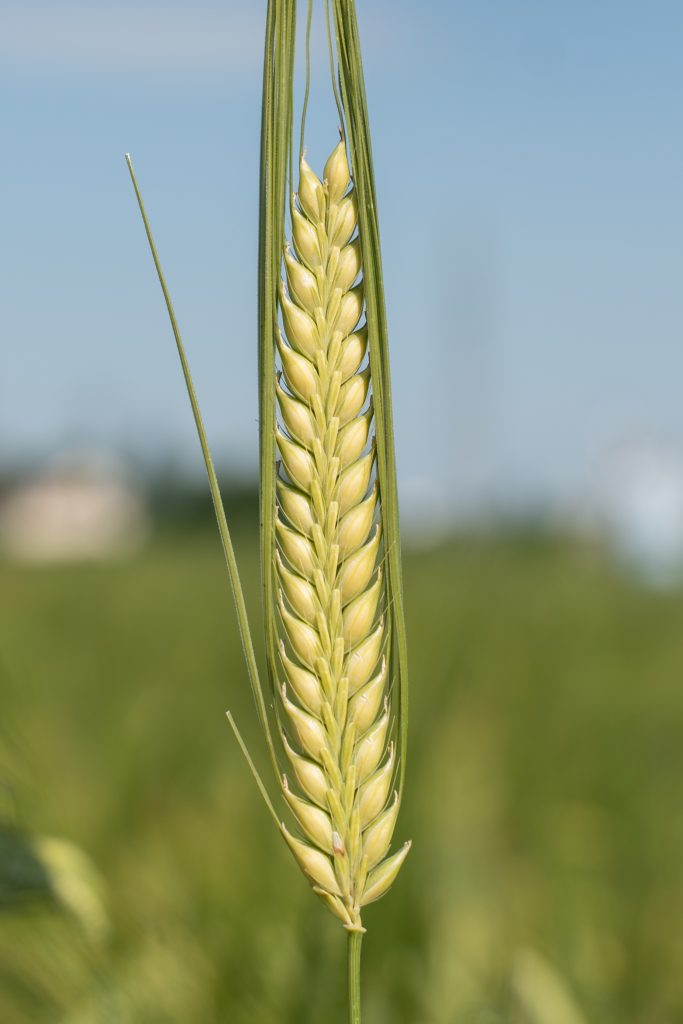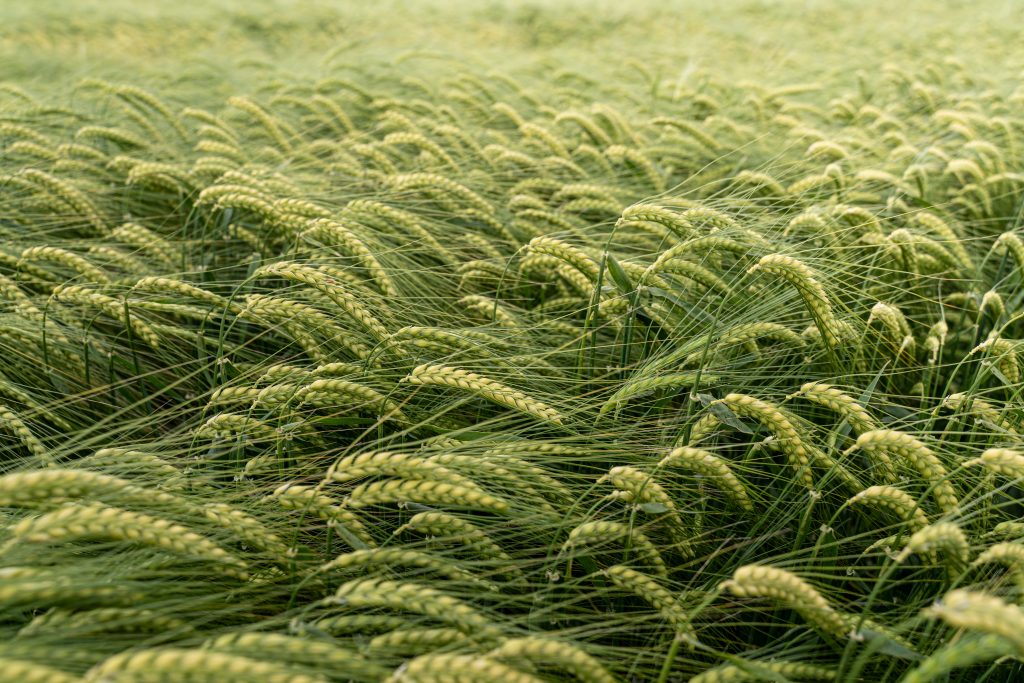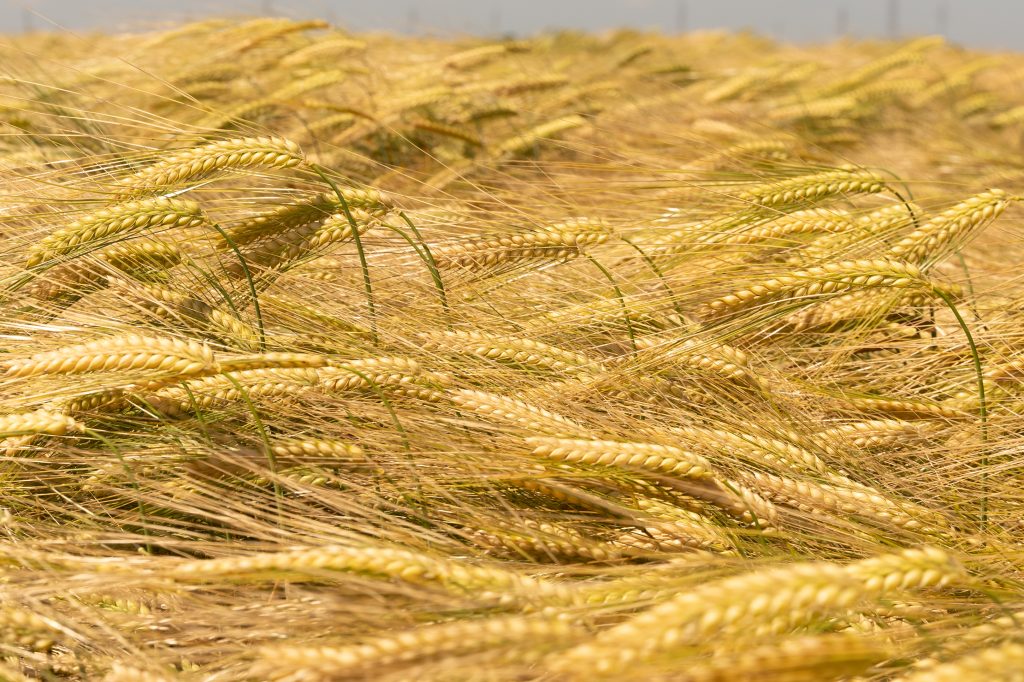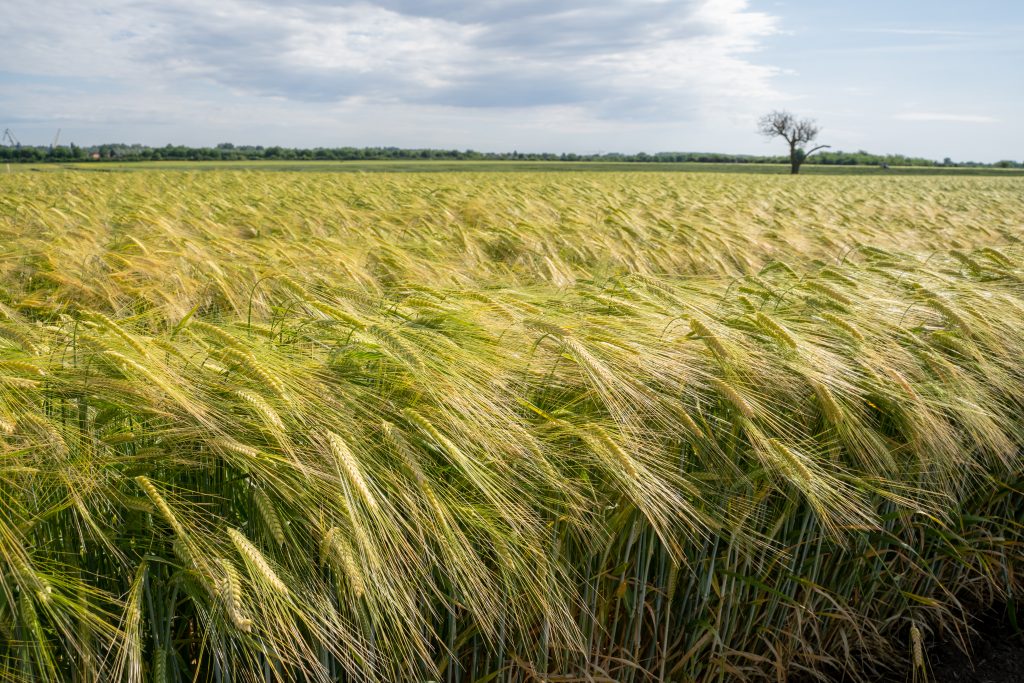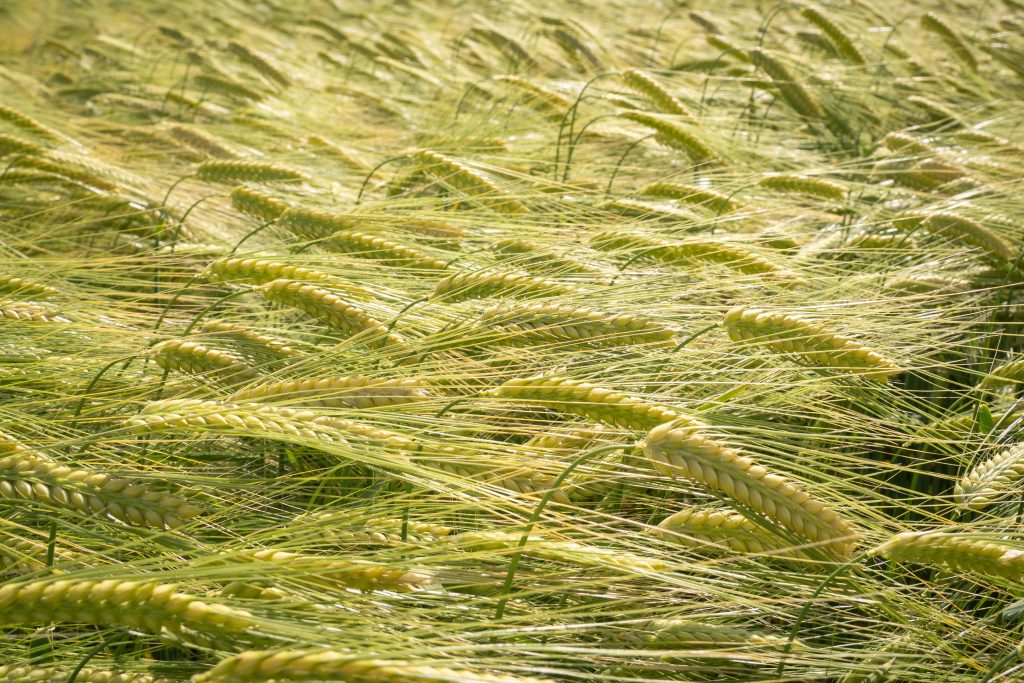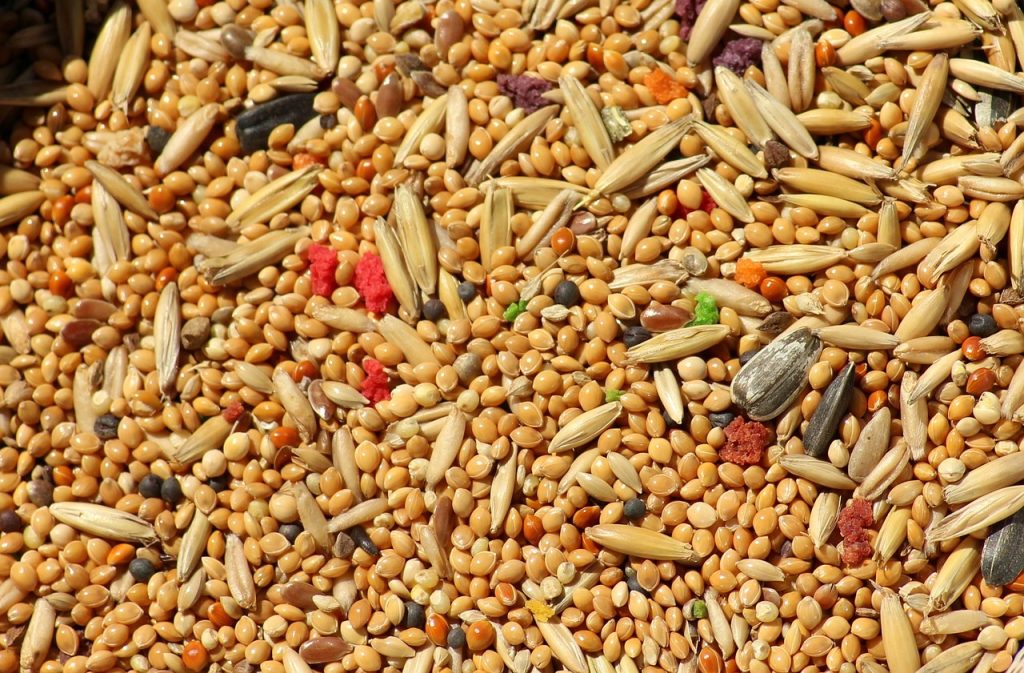Global warming is a growing concern in many countries around the world and is having an increasing impact on cereal production. And they are a staple food all over the world. Their production is highly vulnerable to environmental change.
The first way in which global warming affects cereals is through climate change. As temperatures rise, the growing season shortens and crops are more likely to be damaged by extreme weather events. Heatwaves and droughts reduce the amount of rain and this can lead to crop failure. In addition, extreme weather can reduce soil fertility. And thus reduce the amount of nutrients available to crops. This, in turn, can lead to reduced yields and lower quality.
Global warming is also contributing to an increase in pests and diseases. As temperatures rise, pests and diseases spread more easily. And this can have a serious impact on cereals, especially in developing countries. These pests and diseases can reduce yields and damage crops, leading to a reduction in crop quality.
Finally, global warming is affecting the availability of water for cereal production. As temperatures rise, the amount of water available to crops decreases and this can lead to reduced yields. And the available water may be of lower quality, leading to poorer yields.
Overall, global warming is having an increasing impact on cereal production worldwide. A changing climate, increasing pest and disease pressure and reduced water availability are leading to lower yields and poorer quality. This has a significant impact on the world's food supply and is a situation that needs to be addressed.

